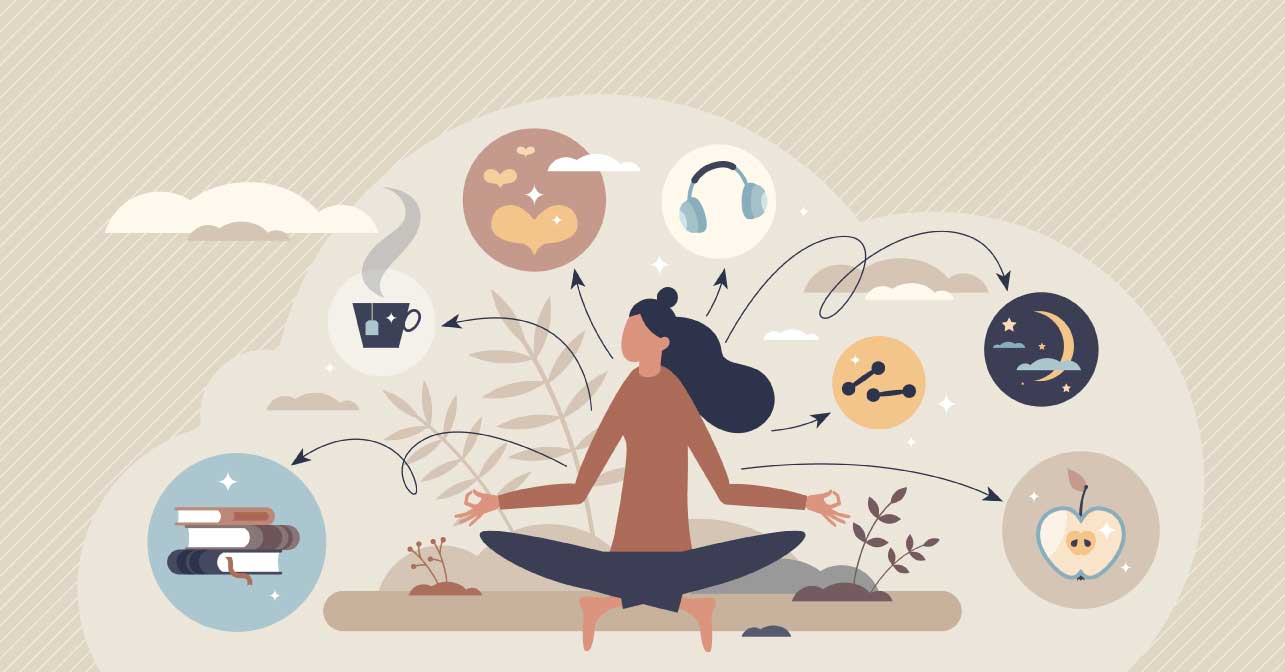My experience: knowledge for belief
It may sound like a paradoxical phrase, but we need knowledge in order to believe, at least when it comes to re-regulating the nervous system and recovering from chronic conditions.
Somewhere, deep inside you, is the belief that you are in danger, and whatever actions the nervous system is taking is an attempt to keep you safe. In that sense, the symptoms and the fear are a very rational response to whatever is happening. In order to change your nervous system’s response, you need to give your brain the “rational” knowledge it needs to understand what’s happening. Once you have sufficient knowledge, then you will believe you can recover, which makes it easier and more motivating to do the work, which reinforces the knowledge you’ve already acquired, which reinforces the belief that it will work, and so on.
I found there were three pillars of knowledge that I needed to build up.
First, I needed to understand what was happening biologically. I needed to understand that I was in a chronic freeze state, which meant my body was trying to keep me out of harms way by forcing me to freeze up and hide — basically lie in bed and not interact with the world. Additionally, I needed to understand that in the chronic freeze state, because my nervous system was over-activated, many of my other systems — like my immune system, my digestion, my endocrine system, etc. — couldn’t function as well. I needed to understand that there were scientifically understood, physiological reasons for why my body wasn’t functioning properly and why I couldn’t function in society or at work. I needed to understand that was happening in order to “believe” there might be anything that could help fix the problem.
Second, I needed to know that other people with similar illnesses had recovered by doing similar work—not that they were feeling 80% better, but that they had 100% recovered, and maybe were even better than they’d been before. I binged Nicole Sachs’s podcasts because hearing other people’s success stories provided the real-life stories I needed to “believe” it could work for me too. (Listening to them also gave me lots of ideas for things I needed to journal about, which was tremendously helpful as well.) There are plenty of other resources for success stories, if Nicole’s podcasts don’t resonate with you.
Third, I had to do the work myself and experience first-hand that it worked. The “knowledge” that I was improving helped me “believe” that I would continue to get better.
With those three pillars in place, I could keep working through the recovery process, no matter how hard it got, because I had a firmly rooted belief that I could recover.


